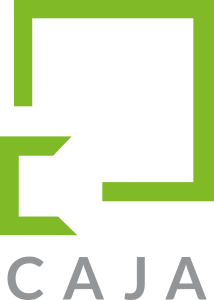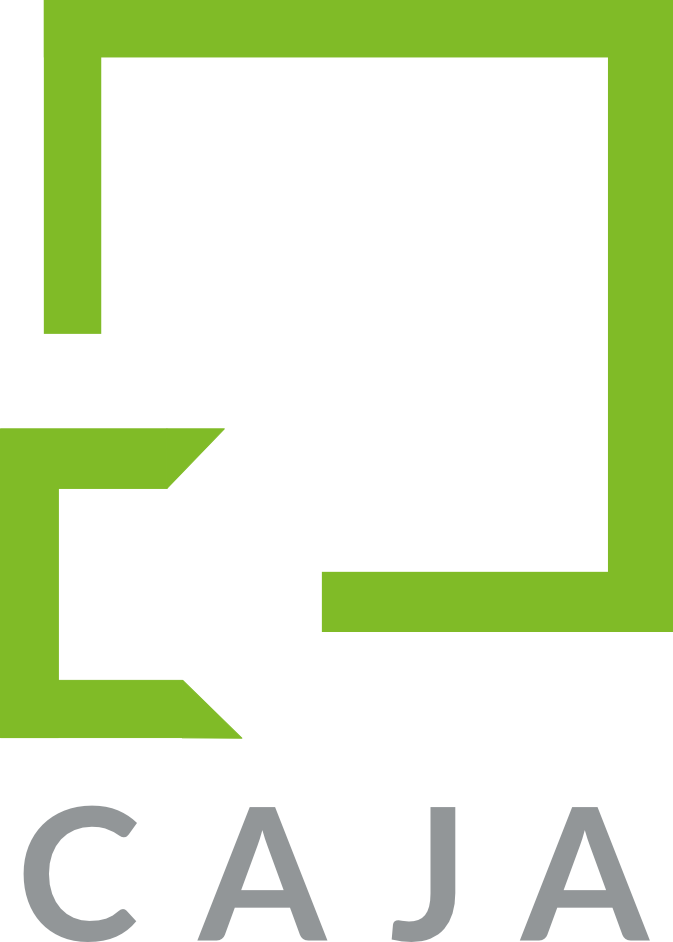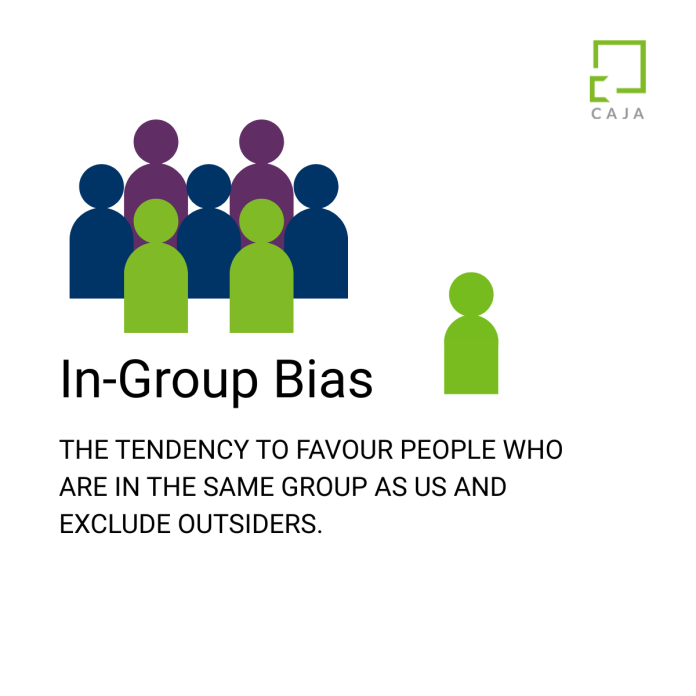Most of us would admit to treating our family and close friends more favourably than strangers. That’s natural. But what about people we barely know – colleagues, acquaintances, or even strangers who happen to support the same sports team as us?
This tendency to prefer those we see as being in “our group” is known as ingroup bias. The people we favour don’t have to be close friends, or even people we’ve met, they just need to feel like “one of us.”
Many years ago (far more than it feels), I started climbing. At the time, I remember telling my friends how unusually friendly everyone at the climbing wall seemed – smiling, offering advice, lending equipment. Was it some weird statistical quirk that everyone at my climbing wall just happened to be unusually kind and friendly? Or was something else going on? Let me hazard a guess as to what was happening…
Climbing, especially back then, was a relatively niche hobby. People didn’t just climb, they identified as ‘a climber’. And when you identify with a group, you’re more inclined to act favourably towards fellow members. That’s ingroup bias in action: kindness and cooperation flowing more freely when we perceive a shared identity, even with strangers.
And psychologists have shown that people favour their ingroup even when the group is created at random.
But why do we have this bias? Many explanations have been proposed, but a few of the leading theories include:
- Evolutionary roots: Greater cooperation within our “tribe” may have helped the group secure scarce resources and, thus, survive.
- Self-esteem boost: Our self-esteem is influenced by how we view our group, so it’s in our interests to view our group and its members in a positive light.
- Social identities: We categorise ourselves and other people to help us quickly navigate a complex social world. We are motivated to see our own categories positively, so we also see others in our categories positively.
While these instincts may have had evolutionary benefits, they can create problems in today’s diverse and interconnected world.
Let’s go back to the climbing example. Imagine a group of climbers are heading to the pub for a post-climb pint and they meet two new people: one a climber and one a non-climber. Who do you think is more likely to be welcomed into the group? Probably the climber, right. The other person may be equally friendly, funny, and kind, but could feel excluded, simply for not fitting the group identity.
Ingroup bias doesn’t just affect social situations. It influences hiring decisions, teamwork, and how we interpret others’ behaviour. We often excuse bad behaviour from “our side” while judging outsiders more harshly – whether in sports, politics, or the workplace.
But here’s some good news: research has shown that there are things we can do to minimise the negative impacts of the in-group bias. For example:
- Reward inclusive behaviour: “Colleague of the Week” schemes or team shout-outs for fairness and collaboration can harness people’s self-interest and incentivise them to treat everyone more equally.
- Create shared goals: In a famous experiment (in the world of behavioural science, at least!), two competing groups of boys who initially clashed began cooperating when given a shared challenge (fixing a broken water supply). Shared goals can override group divisions.
And it’s important to recognise that diverse teams – not just in terms of superficial attributes, but also experiences, beliefs, and worldviews – aren’t just fairer, they’re also more innovative. Research shows that diverse boards and teams perform better, not despite their differences, but because of them.
Remember: ingroup bias isn’t inherently bad. It can foster trust and connection. But it can also lead to many undesirable outcomes. Using behavioural science, we can better spot the ill-effects of the in-group bias, and use behavioural insights to build stronger teams, better organisations, and more connected communities.
At Caja, leading change is in our DNA. We are experts in driving business change and use behavioural science day-in and day-out to better understand the world around us and deliver tangible results and lasting impact. Recognised by The Association for Business Psychology for our work on Behavioural Interventions and Change Management, we don’t just manage change, we lead it. If you’re curious about how Caja can help your team better understand and solve the challenges it’s facing, get in touch – we’d love to chat.
Contact the team at admin@cajagroup.com




